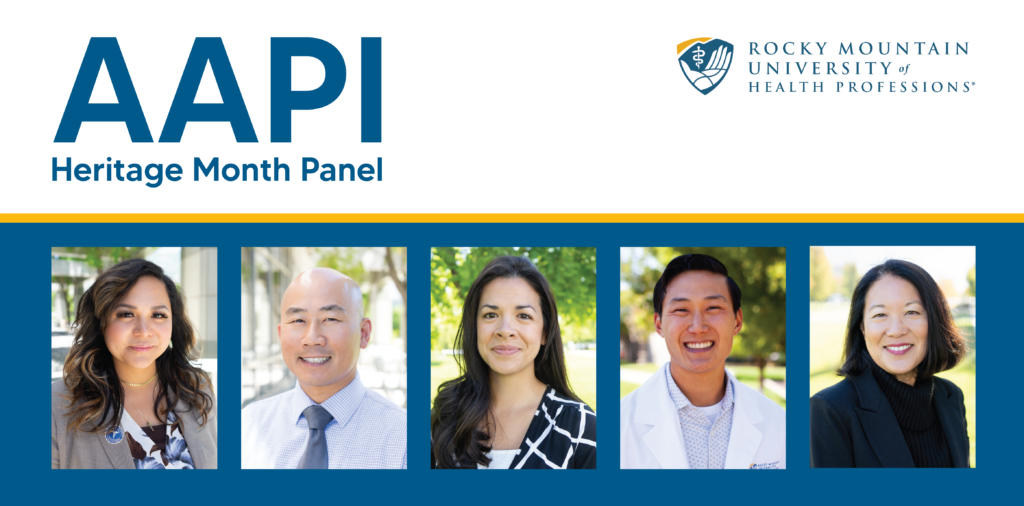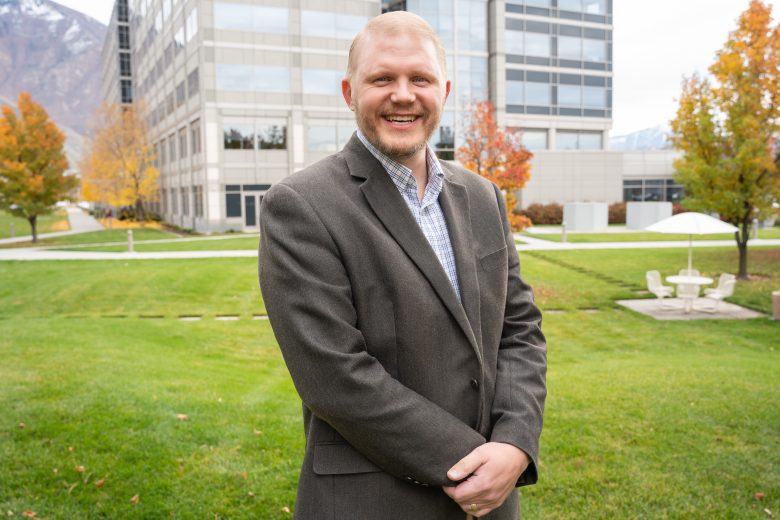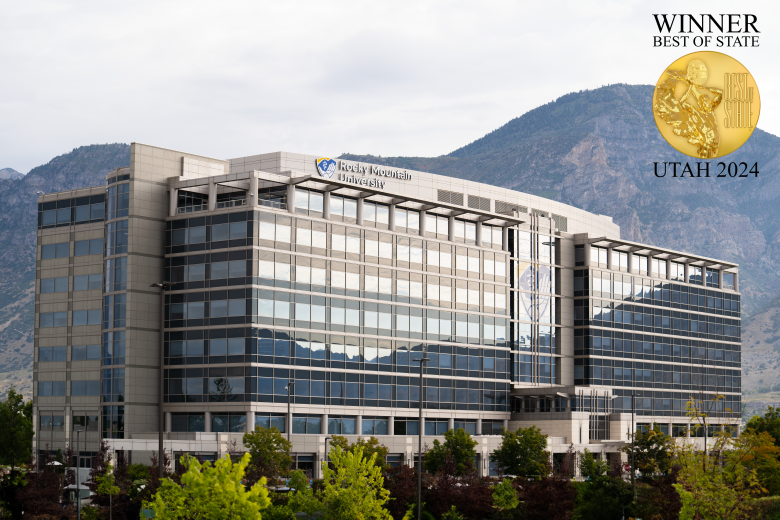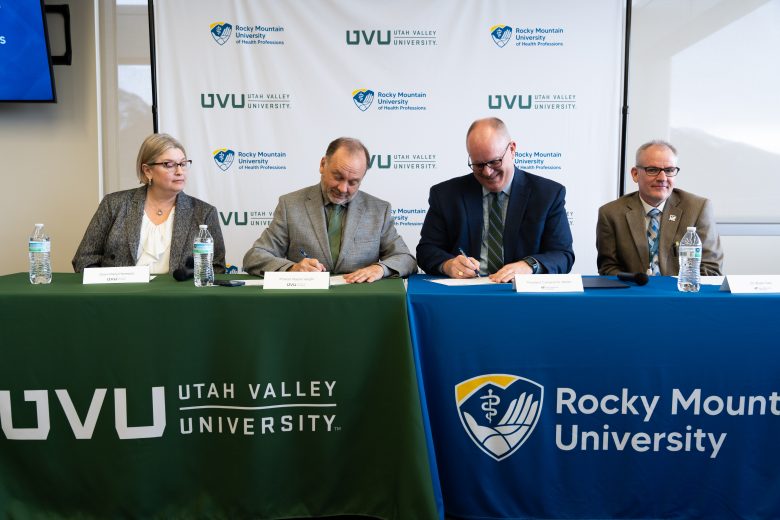
On May 25, 2021, the Student Diversity Committee (SDC) at Rocky Mountain University of Health Professions (RMUoHP) hosted a panel discussion titled “Asian and Pacific Islander (AAPI) Heritage Month.” Five panelists from the AAPI communities discussed their personal experiences and how their backgrounds have influenced them and their careers.
Event panelists were Sandra Shigetoma-Toyama, ClinScD, CCC-SLP, Assistant Program Director for the Doctor of Speech Speech-Language Pathology (SLPD); ElBea Stonier, MS, CCC-SLP, Assistant Clinical Professor for the Master of Science in Medical Speech-Language Pathology; Viet Le, PA-C, Faculty for the Master of Science in Physician Assistant Studies (MPAS); Andrew Park, student in the MPAS program; and Jeanine Farmer, Student Affairs Manager.
Panelists discussed the issues surrounding the idea of the “model minority” and the myth that all AAPI community members fit a standard stereotype. Farmer explained, “I lived in Japan and went to an international school and it was a very diverse community. But there was already a stereotype that Asians were intelligent and got all As and were very successful outside of the United States.”
Stonier added that “there is so much variety and variability in the cultures that are included in Asian and Pacific Islander cultures and they’re so very different from each other so it’s not helpful to approach it from the viewpoint of the model minority.”
Le also pointed out that it is unfair to put the pressure of representing all Asian communities on any individual. “I think it’s a lot of pressure for one person,” said Le. “For me in particular, growing up I would be asked all about Asians. I was having a hard enough time understanding what it’s like being a Vietnamese person and I would be representing a huge part of the population. I think the idea of the model minority just takes away from each individual experience when we are lumped together in that way and it takes away from the struggle each family has coming here.”
The panelists also discussed the relationship between patient and medical professional within these communities and the challenges they face.
For example, Shigetoma-Toyama said, “A lot of times those in the community don’t see a doctor because they feel like doctors won’t understand…A lot of my family feel like doctors won’t understand them and they don’t feel comfortable with going to a doctor who does not represent their cultural needs.”
That’s why communication between patients and their medical providers is important. “Going into being a healthcare provider, it’s really interesting the conversations you can have,” said Park. “The first thing I generally get asked is ‘Where are you from?’ I love when my patients ask this question. It’s amazing how if you have humility you have the ability to have this conversation with them.”
Each of the panelists explained how events and conversations like these are important in moving forward in the future. “It is a great first step to allow the story of Asian and Pacific Islanders to be told in a safe place and recognize that experience is diverse and that diversity itself is diverse,” said Le. “Everyone here is just as diverse. No two families when I was growing up in West Jordan had the same family experience.”
For more information about this event, the panelists, and some AAPI resources, visit the event page.



